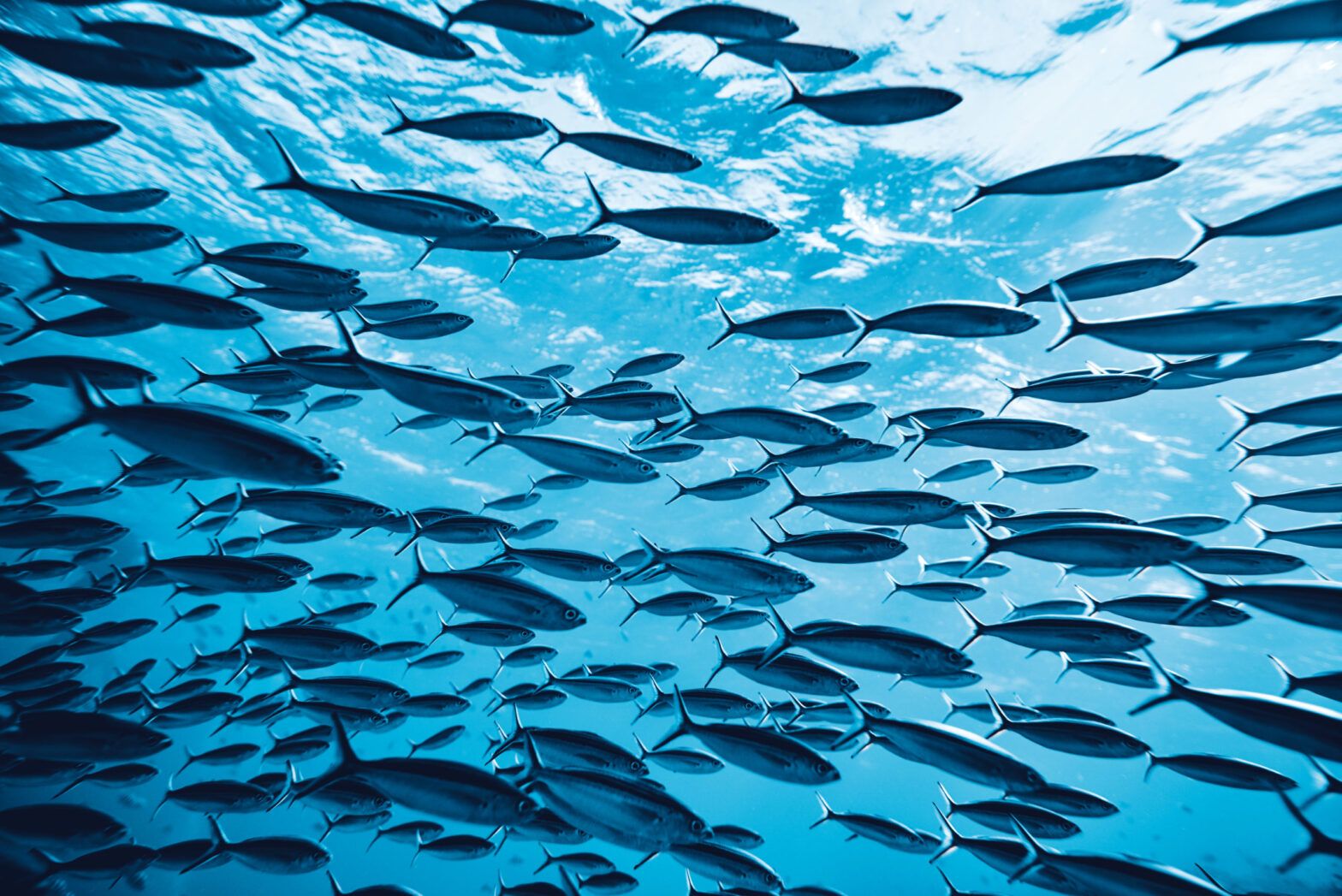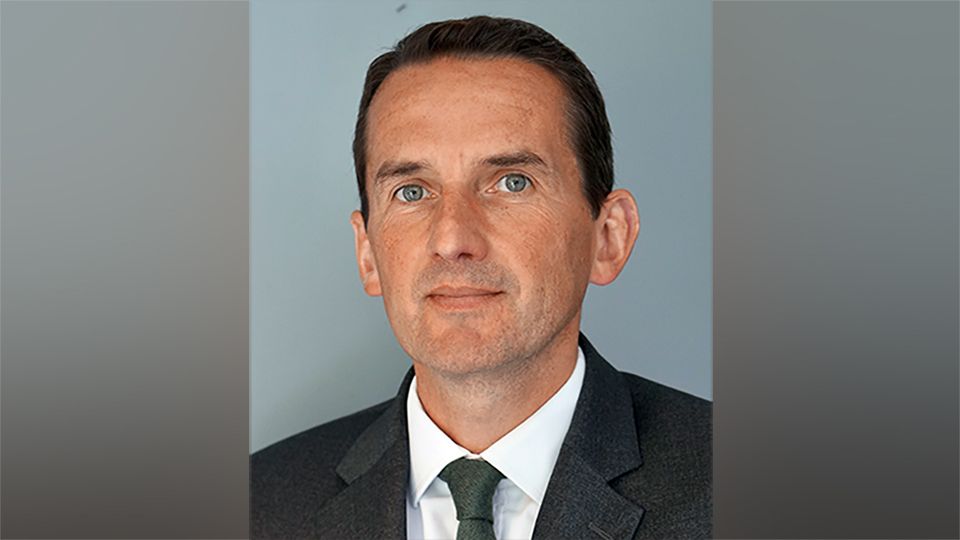Financial think tank Planet Tracker is proposing the launch of a blue bond to help oceans recover as demand for fish as a healthy food option continues to rise.
According to the think tank, seafood production will have to increase by 118% by 2050 to meet this rise in demand, but current business-as-usual projections suggest wild-catch production will fall or plateau.
Planet Tracker believes a “period of restraint” would help ecosystems replenish and production to start growing again in the long run. Without this break, the think tank predicts that cash flows from fishing will start dropping in five years’ time and turn negative in year 17 of the model.
See also: – ‘Ghost gear’: The threat to the future of our oceans
Meanwhile, cutting production could help the ocean and commercially fished stocks to recover by 2040 and lead to higher cash flows in the long run.
The report said: “It can be demonstrated that the implementation of management systems and the robust monitoring of fish stocks is generally accompanied by improving stock status and trends. Conversely, minimal management oversight can be coupled with rises in illegal, unreported and unregulated (IUU) fishing.”
In the recovery scenario, Planet Tracker said the fishing industry would see around $90bn more in discounted free cash flow over 25 years than it would under a business-as-usual scenario. However, many commercial fishing companies may be unable or unwilling to bear the short-term costs of fishing less for a period of time to let the oceans recover.
To finance this period of replenishment, Planet Tracker is proposing a blue bond that would see investors “subsidise the difference in free cash flow compared to a business-as-usual scenario for five years, provided that companies demonstrate they are fishing at a reduced capacity”.
The think tank suggests a 10% decline in the quantity of fish caught per year for five years through the introduction of global quotas. The difference in free cash flow from this would then be financed by investors.
After five years, companies will be able to fish more again, as long as there is evidence that fish stocks are recovering, while investors will then stop payments. Fisheries will then start repaying investors part of the cash invested as a coupon, which would continue until the bond matures (20 years in this scenario).
The think tank proposes the bond should be overseen by a supranational organisation, such as the International Finance Corporation or the World Bank, which would act as an intermediary between the investors and the fisheries. It would underwrite the risk and allow the bond to achieve a higher rating than if it was issued by a corporate entity.
In the think tank’s model, this blue bond would generate an internal rate of return (IRR) of 26% for investors, while fish stocks could increase by 75% over a 25-year period and grow 3% per annum.
However, Planet Tracker warned that “if stocks are not deemed to be at a sustainable level during the period, investors have lost their money”.
“An alternative would be the use of a performance-linked coupon based on fish stock levels but execution would be more challenging given the difficulty of accurately measuring fish stocks over short periods,” the paper said.
To ensure compliance, under the proposed scenario fishing companies that break the rules would have to repay the whole amount of funding provided by investors and potentially pay a penalty.
“This ensures that the interests of investors and fishing companies are aligned by targeting sustainable fish stocks,” the think tank said.
There are a number of hurdles to overcome before this could be implemented, including finding the right bond issuer, agreeing appropriate monitoring and regulation and attracting equity investors. However, the think tank said a “step was taking in the right direction” last month, when the European Commission adopted a proposal to implement a multiannual management of stocks in the Western Mediterranean.









